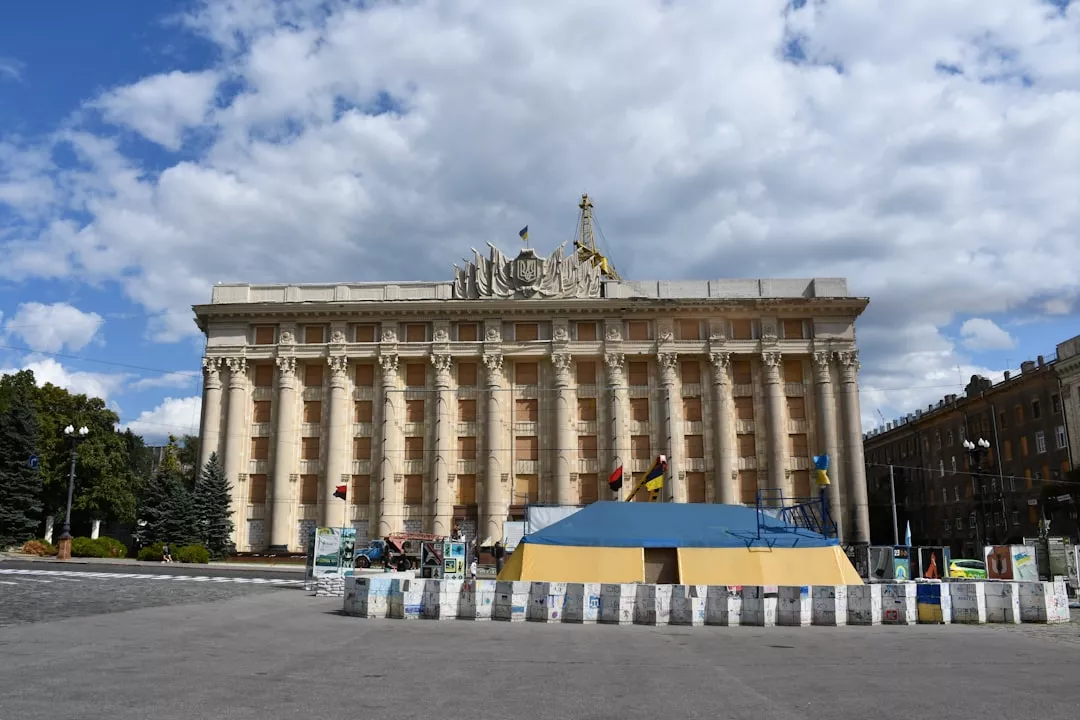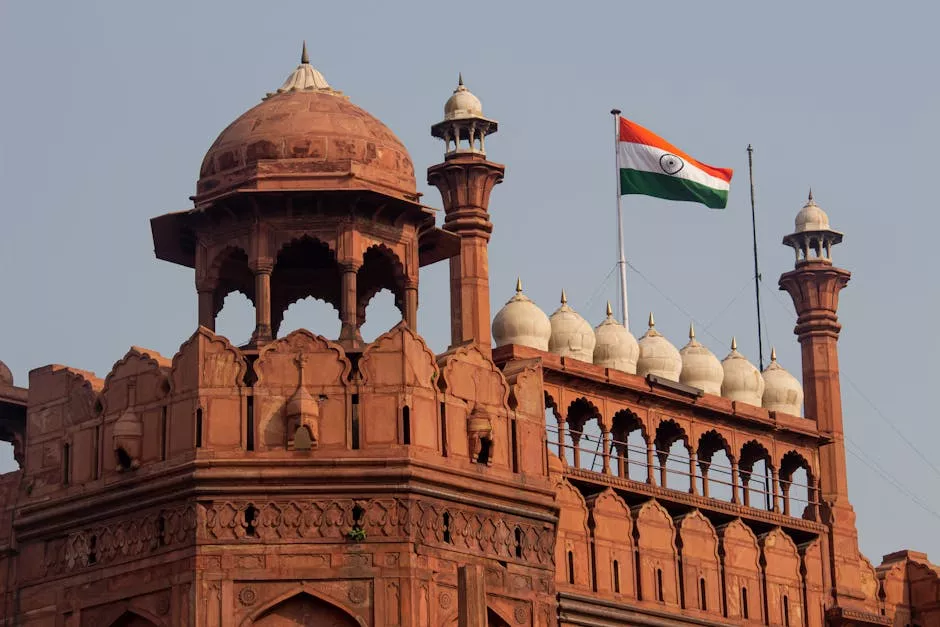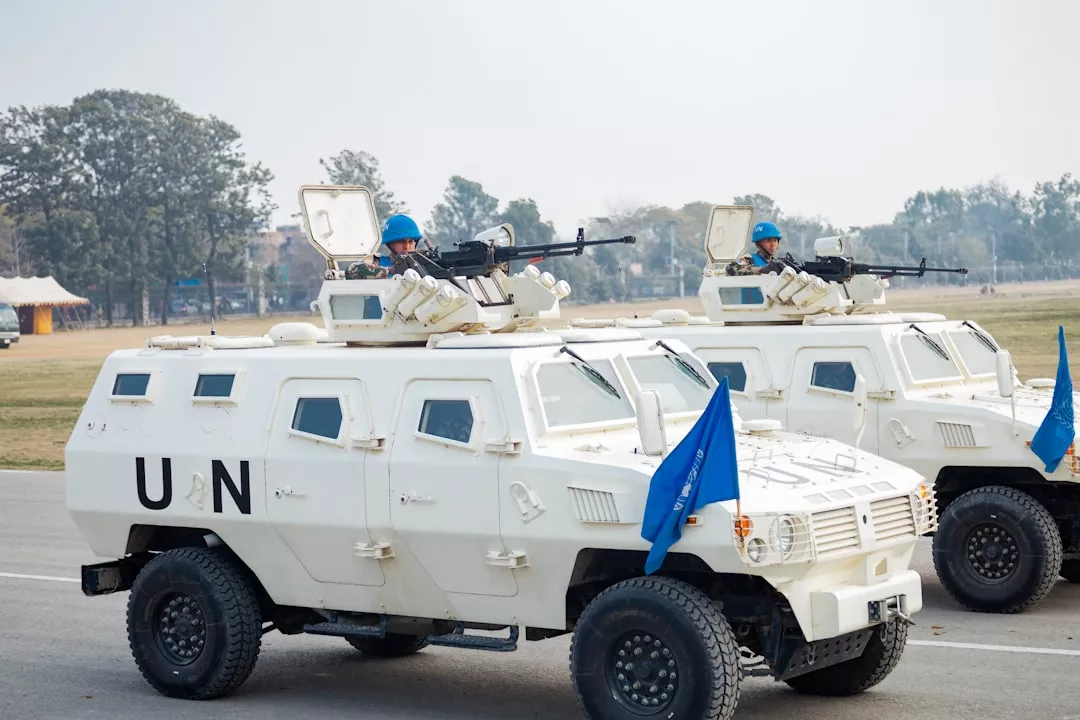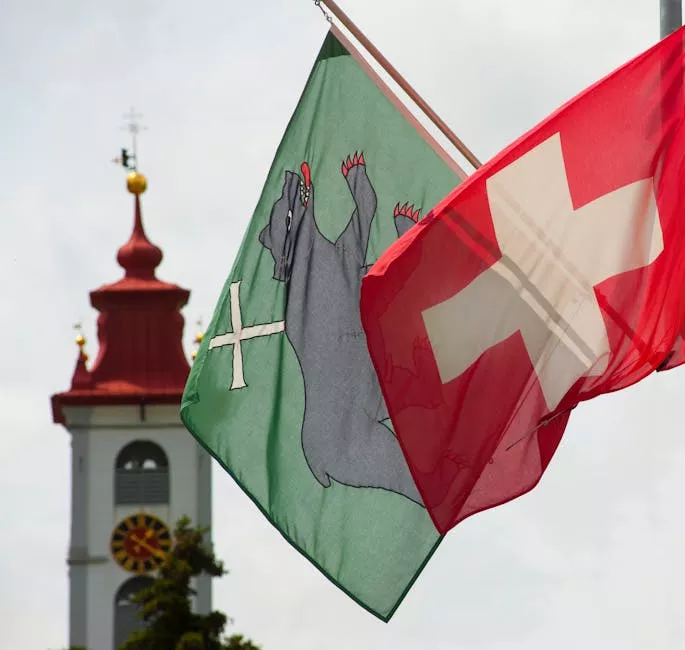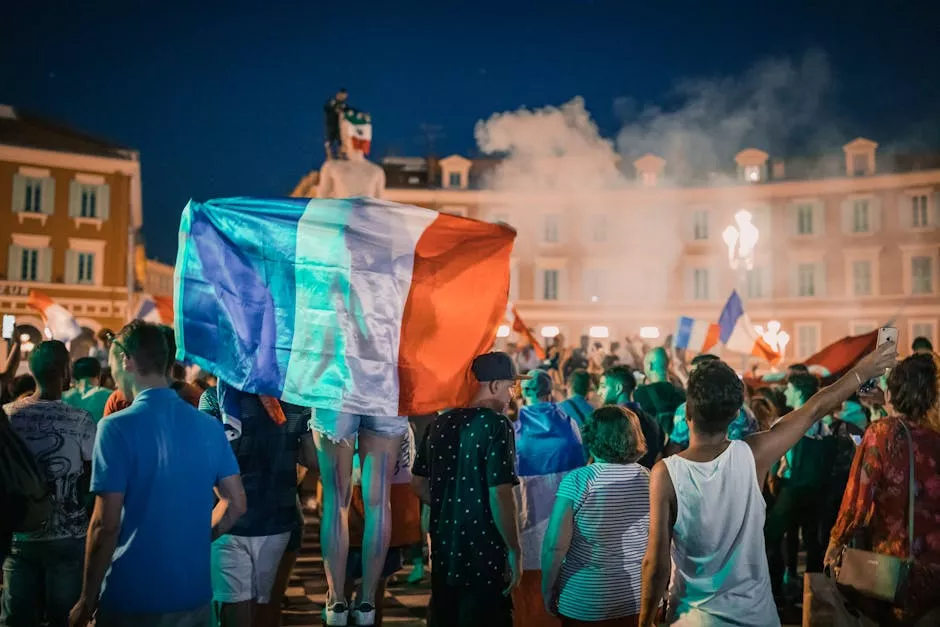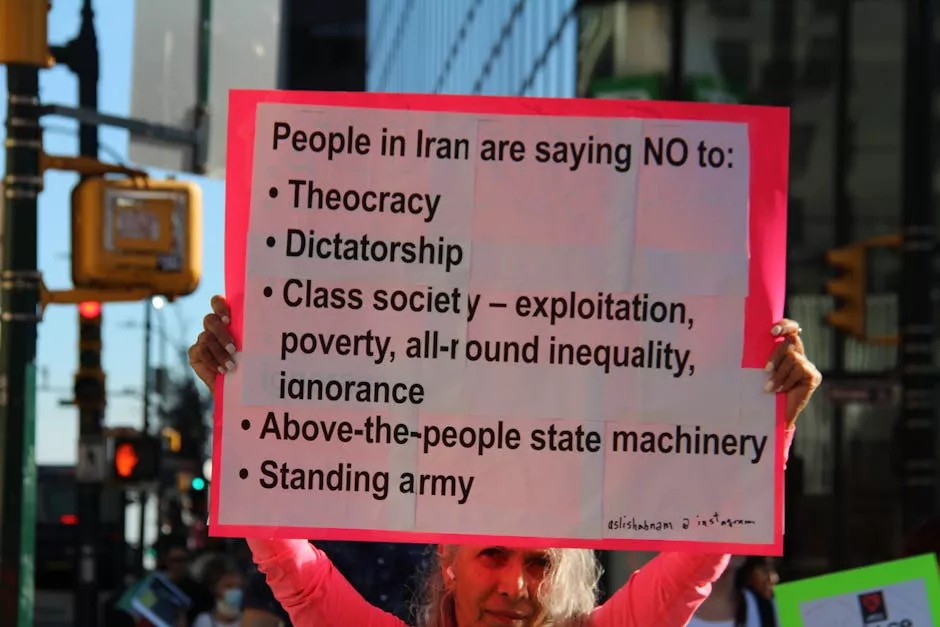EU Finds Renewed Purpose Through Ukraine Crisis Amid Secret US-Russia Talks
The European Union has discovered a reinvigorated sense of mission through its comprehensive support for Ukraine, as diplomatic channels secretly explore peace negotiations.

The ongoing conflict in Ukraine has fundamentally transformed the European Union's geopolitical identity, providing the bloc with what analysts describe as 'a renewed sense of purpose' through its unprecedented economic and military support for Kyiv. This transformation comes as diplomatic channels reveal that Washington has been secretly exploring potential peace conditions with Moscow.
Ukrainian President Volodymyr Zelensky's recent diplomatic engagements underscore the complex multilateral nature of the current crisis. His talks with Turkish President Recep Tayyip Erdogan, coupled with scheduled meetings with US Army officials in Kyiv, highlight the intricate web of international relationships that continue to shape the conflict's trajectory.
The EU's Strategic Awakening
The European Union's response to the Ukrainian crisis marks a significant departure from its historically fragmented approach to foreign policy. Professor Scott Lucas from the Clinton Institute at University College Dublin notes that the bloc has found unprecedented unity in its support for Ukraine, transforming what was once viewed as a peripheral security concern into a defining moment for European integration.
This newfound purpose manifests through comprehensive assistance packages that extend far beyond traditional humanitarian aid. The EU has mobilized substantial financial resources, provided sophisticated military equipment, and implemented sweeping sanctions against Russia that would have been unthinkable just years ago.
Secret Diplomatic Channels
The revelation that Washington has been secretly exploring peace conditions with Russia adds another layer of complexity to the geopolitical landscape. These behind-the-scenes negotiations suggest that despite public rhetoric, diplomatic solutions remain under active consideration by major powers.
Turkey's role as a mediator becomes particularly significant in this context. President Erdogan's discussions with Zelensky reflect Ankara's unique position as a NATO member maintaining communication channels with both Ukraine and Russia, potentially serving as a crucial bridge in future peace negotiations.
Implications for Global Security
The current crisis has reshaped European security architecture in ways that extend far beyond the immediate conflict zone. The EU's unified response demonstrates the bloc's capacity for decisive action when faced with existential threats, potentially setting precedents for future crisis management.
However, the sustainability of this unity remains questionable as economic pressures mount and winter approaches. The true test of the EU's newfound purpose will come as member states grapple with the long-term costs of supporting Ukraine while managing domestic challenges.
As diplomatic efforts continue through both official and unofficial channels, the international community watches closely to see whether this moment of European unity will translate into lasting institutional changes or prove to be a temporary response to exceptional circumstances.
